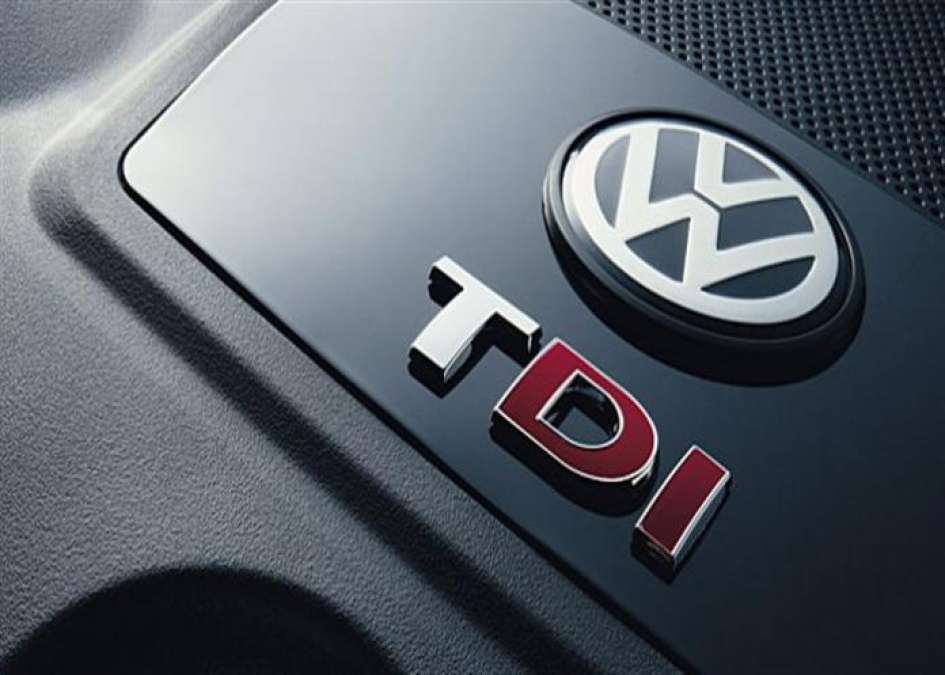Although it looks like the Justice Department’s viewing of a major German auto business collusion case seems pretty straightforward, there’s more to it than meets the eye. According to a story in Forbes this week, the fact that German authorities have been looking into the auto industry’s business dealing has caused industry leaders to engage in a mad-dash to be the first whistleblower. Authorities probing major German car-cartel.Authorities probing major German car-cartel.
Daimler Grabs the Golden Ring
Indeed, it looks like Daimler grabbed the golden ring, which could save it billions, while Volkswagen, which thought it had won the honors, came in second and BMW is a distant third. Under European Union law, the first one to become a whistleblower usually comes away with little more than a slap on the wrist, if that much, and little else. The second-place whistleblower may be liable for up to 50 percent of any penalty, while number three pays the bulk, in this case, BMW. The information was developed by a German newspaper, Sueddeustche Zeitung, and used by Forbes in its analysis of the situation.
Funnily, this deals with the fallout of the Dieselgate scandal, and while Daimler – manufacturer of Mercedes-Benz vehicles – has a heavy concentration of diesel in its fleet and while VW has admitted it cheated on diesel emissions, the company that is the most innocent, BMW, may be paying the bulk of any penalties.
During the weekend, the Justice Department announced an informal review of the cartel-like behavior of the German auto business, which has featured open interaction between manufacturers since the 1990s. According to reports over the weekend, some 200 employees of Germany’s Big Five automakers – Volkswagen, Porsche, Audi, Daimler and BMW – communicated through 60 or more working groups to set industry policies on such things as components, steel, emissions control and the like.
One of the key issues of the last two decades has been diesel emissions control and the use of AdBlue, the urea formaldehyde doping agent that is a key to controlling nitrous oxide emissions in diesel engine exhaust.The way it works, simply, is that the AdBlue chemical is injected into the exhaust manifold and then passed through a catalyst to clean up emissions. A problem developed between auto manufacturers in the size of the tanks that were to store the chemical before injection. Rather than opting for large-sized tanks, cartel groups worked on the problem and developed tanks that were inadequate for the task. The cartel’s actions were taken to prevent “an arms race” in tank sizes, says Forbes. So far, there has been no adequate explanation as to why the automakers developed overly small storage, though, in the past few months there have been hints that AdBlue supply limits constrained its use.
Daimler Wins Whistleblower Dash
Daimler won the mad-dash to be whistleblower early. At that time, Daimler’s attendance in the secret meetings started to drop off with cartel group meeting minutes complaining that “Daimler’s attendance [at] the exhaust treatment working group meetings continues to leave something to be desired.” The meeting information came from documents seen by Der Spiegel, while the data on timing was developed by research conducted by Sueddeutsche and the broadcasters NDR and WDR.
Volkswagen had believed it was the first whistleblower, but its declaration was dated July 4, 2016, 10 days after authorities conducted raids the automaker. The raids weren’t even carried out about the car-cartel but were the result of investigatory work on a steel cartel. The raid apparently pushed VW to own up to things quickly. However, VW was probably not quick enough. VW Offices Raided Over Cartel Practices.
Indeed, it may go all the way back to 2011 when the EU raided the offices heavy truck manufacturers MAN (VW’s truck unit), Daimler, Iveco, DAF and Volvo/Renault. In 2016, the European Commission issued fines totaling $3.5 billion for price-fixing. Since MAN was the principal witness, it skated, while Daimler paid $1.28 billion. (Like as not, there probably is more than a little payback in Daimler’s jumping onboard the whistleblower bandwagon first.)
So, said Forbes, as a result of the positioning of Daimler and VW, it is likely that the full force of the cartel violations will jam up BMW, the automaker termed “the least suspicious when it comes to Dieselgate cheating the car-cartel supposedly enabled.”
All of this was the result of the unraveling of Dieselgate. In 2014, a private research group from West Virginia University performed road tests on a VW Passat TDI, a VW Jetta TDI and a BMW X5 diesel. The X5 passed quickly, while the VWs notoriously flopped. In the years following the 2014 findings, VW turbodiesels, Audi turbodiesels, Opel, Fiat and Renault diesel were among the top polluters according to listings compiled by regulators and the European media. BMW’s vehicles were usually absent.
BMW Vehemently Denies Wrongdoing
Two days ago, BMW vehemently denied wrongdoing saying BMW doesn’t use manipulation “as a matter of principle,” the company stated.The automaker’s statement continued that its vehicles “which use urea injection with AdBlue (SCR) to treat exhaust emissions also employ an NOx-storage catalytic converter.” This, in turn, leads to “very low AdBlue consumption in comparison to other manufacturers.”
BMW and Daimler have cooperated on purchasing, ride-sharing ventures (Car 2 Go, Daimler, and Drive Now, BMW). That cooperation could be under review. Also, the automakers have put future cooperation plans on hold, Sueddeutsche and Reuters reported. And, the Big Five have cut back meetings because the meetings cost too much.
Sources: Forbes, Der Spiegel, Sueddeutsche Zeitung, Handelsblatt, Reuters





